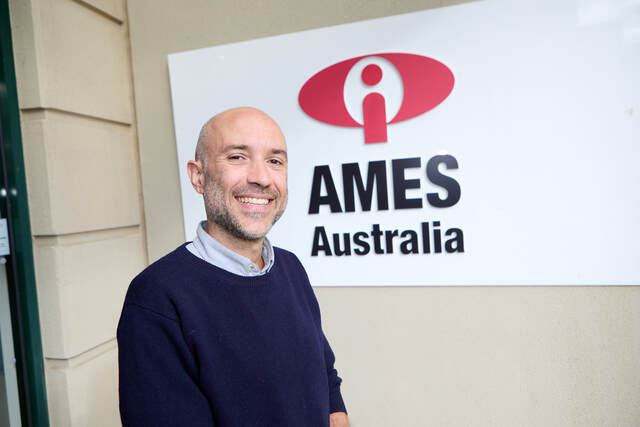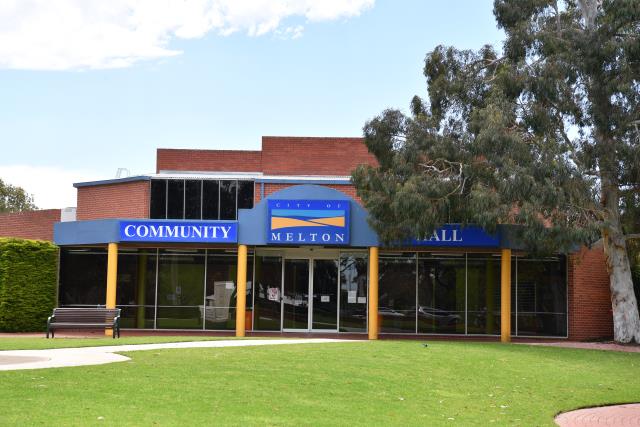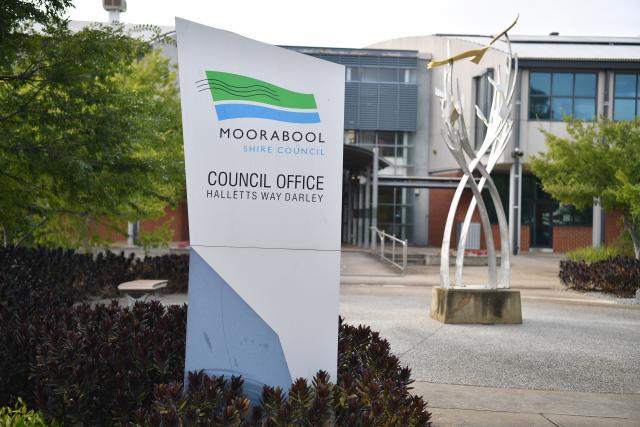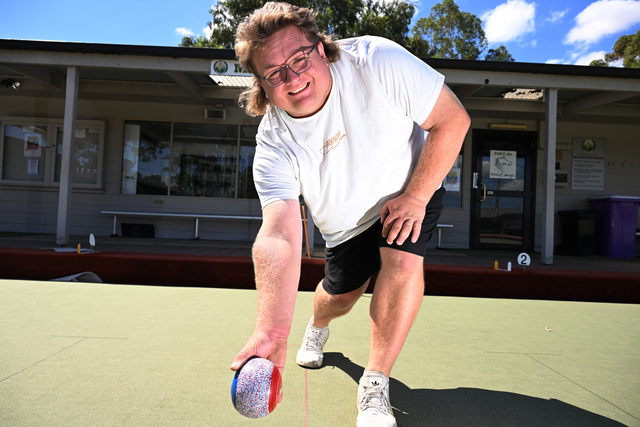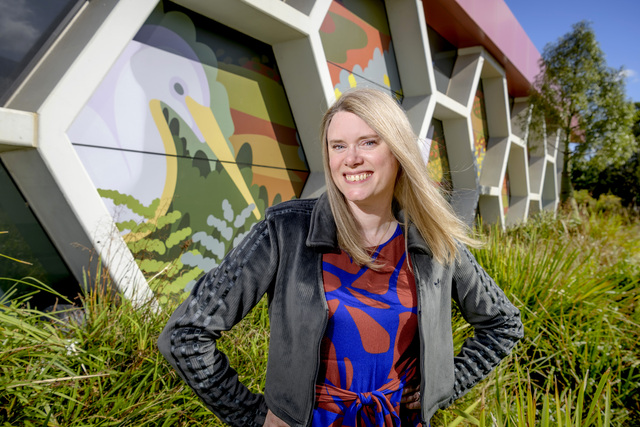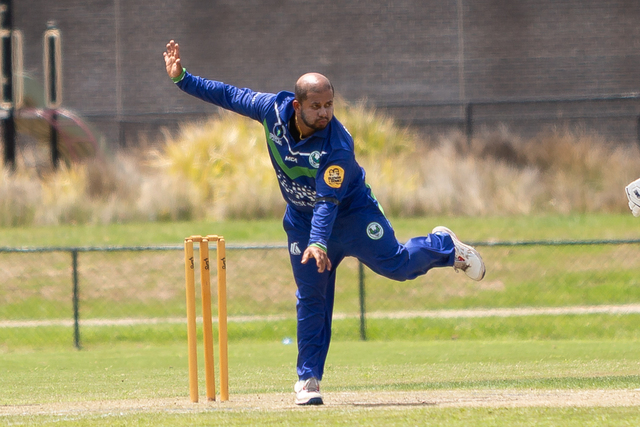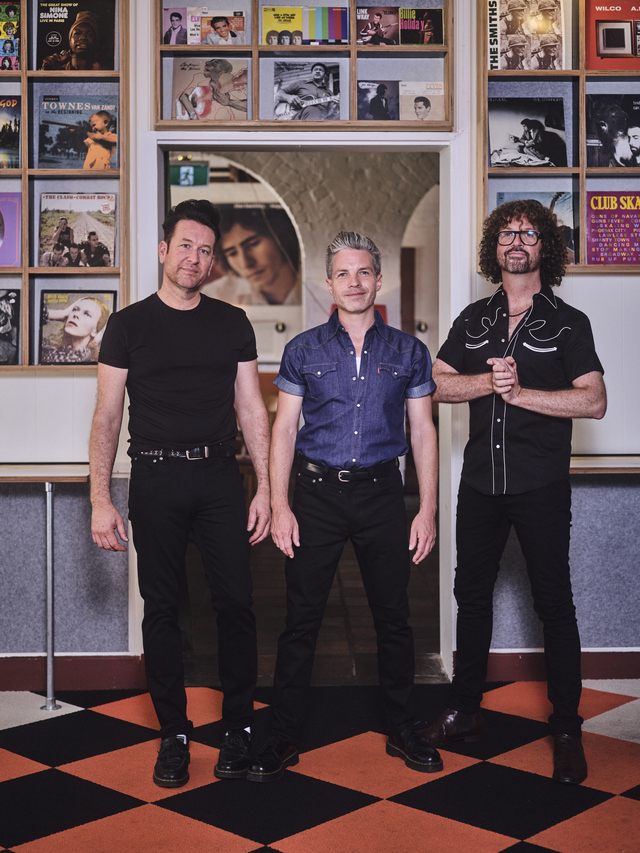National Volunteer Week, from May 19–25, is Australia’s largest volunteering recognition event. It aims to draw attention to the crucial role played by volunteers. Oscar Parry spoke with AMES Australia Footscray Centre volunteer Federico Ferrari about his volunteering experience and what he has enjoyed most about a voluntary role.
According to Volunteering Australia, about six million people in Australia volunteer through an organisation, and there are millions more who do so informally in their local community.
This year, the theme of volunteer week is ‘Connected Communities’ – a theme especially familiar to AMES Australia Footscray Centre Humanitarian Settlement Program volunteer Federico Ferrari.
Mr Ferrari moved to Australia in 2007, first on a working holiday as a chef and later becoming a citizen.
Working as a chef until the beginning of the Covid pandemic, he said that he decided to “reinvent” himself and start a new career in community service, where he discovered and began volunteering with AMES.
Using his experience as a migrant and his experiences travelling, Mr Ferrari volunteers to support newly arrived refugees to learn English and how to navigate public transport, access services and “generally [navigate] a new and unfamiliar country”.
“It’s also about helping people deal with the bureaucracy, acquiring language and [identifying] the skills they will require. There’s an emotional side to the support we provide. As a migrant myself, I can sympathise with some of the things our clients are going through,” Mr Ferrari said.
“My experience as a migrant helps me, although my circumstances are different in that I chose to leave my homeland. The people we work with had no choice.”
He said the volunteering work is “very rewarding.”
“It is a good feeling to be able to make a difference in people’s lives, and I get as much out of it as I put in,” he said.
“The way you are able to connect with people is really rewarding … it’s maybe a few hours … but I’m really recharged by it. I really feel satisfied, I really feel accomplished. The more that I do it, the more that I’m addicted to it. It’s a self-generating good feeling.”
Born in Italy, Mr Ferrari learnt English, French, Spanish, and some Arabic and Amharic through travelling, which he said has helped him with his volunteering.
He said that his familiarity with other countries and cultures helps him to connect with many of the people he supports.
“If you speak the language … they just become more comfortable … you’re able to develop and maintain a good relationship, the whole process of opening up … will [lead] to a better service,” he said.
“They are more relaxed, they are more inclined to explain their circumstances.”
Along with helping him to provide a better service, he said that “amazingly, I’m learning a little more of those languages also.”
Mr Ferrari said that some of the key challenges he helps people with include navigating the complexities of setting up services and accounts – for example, creating accounts, passwords, security questions, phone numbers – and helping them to locate the right services to address their individual needs.
He said that other difficulties for people he works with include having their qualifications formally recognised in Australia – with these qualifications often being recognised here at a lower level.
“For them it’s frustrating, because they need to reengage in school … or study. That’s a big issue,” Mr Ferrari said.
Health is another, with many refugees’ physical and mental health affected by their past – for example, spending extensive time in a refugee camp.
“Housing is [another] big problem … they might not be fully eligible for [renting] and there’s a shortage of housing … in the public house sector and in the private [sector] … as we know, there is a rental crisis.”
In terms of volunteering more broadly, Mr Ferrari said that there are many roles that require less time commitment, and there are several types of volunteering.
“You will be able to find something in your area that will help you shine, there will be a spot for you,” he said.
“I would recommend everyone who has some time to get out there and find some spot to just give back a little back … there are really a lot of services and a lot of organisations that really struggle to just stay alive, so [volunteering] is really a key force for many organisations that wouldn’t … survive without us.”
He said that collaborating with other people is a key part of volunteering, including in his role with AMES.
“Collaboration is essential, it’s all about networking and collaborating with everyone. Everyone kind of knows each other, so collaboration is very productive here, it’s very healthy.”
According to Volunteering Australia chief executive Mark Pearce, “in a year marked by natural disasters, rising cost-of-living pressures, and growing social challenges, the role of volunteers has never been more important.”
“Across Australia, volunteers have stepped up in countless ways – offering critical support during emergencies, helping people access food and essential services, strengthening community connections, and supporting local events,” Mr Pearce said.
“Volunteers are the heart of our communities, and their contributions are vital in times of need.
“As volunteering continues to evolve, it’s essential that we recognise and support new ways of giving, ensuring that everyone feels welcome and included in shaping a better future for all.”
According to the organisation, research suggests that barriers preventing many from volunteering include lack of time due to work or study, family commitments, health issues, not being asked, and uncertainty about how to get involved.

